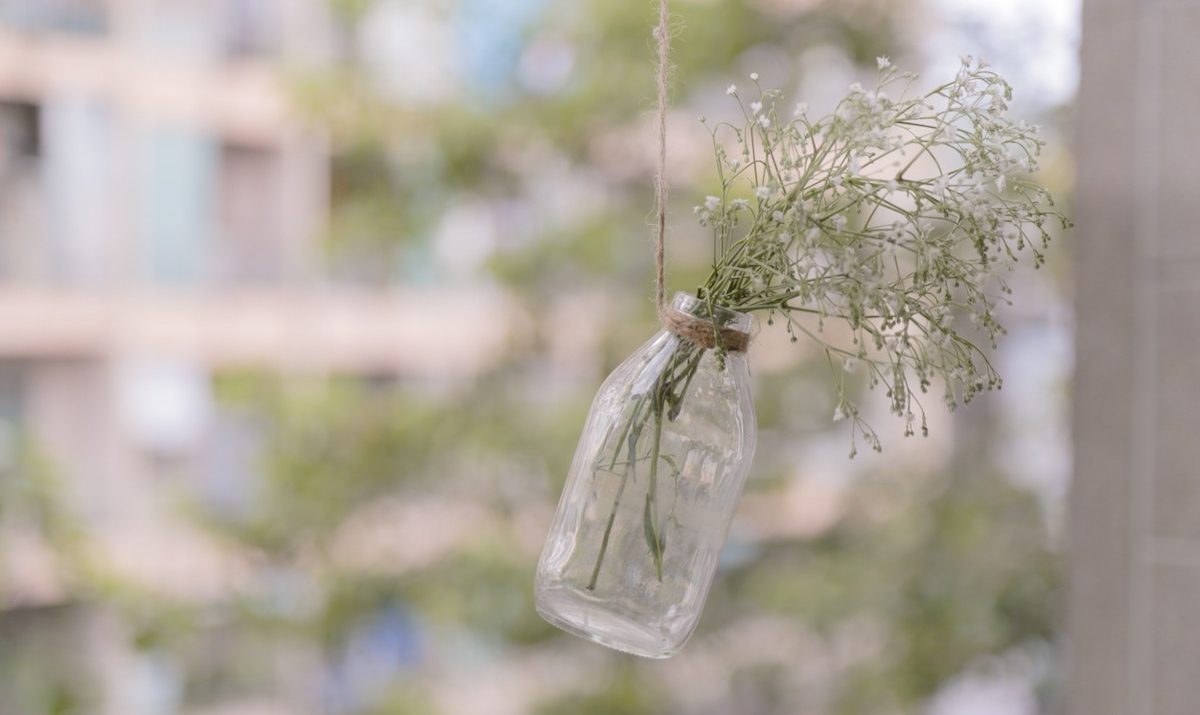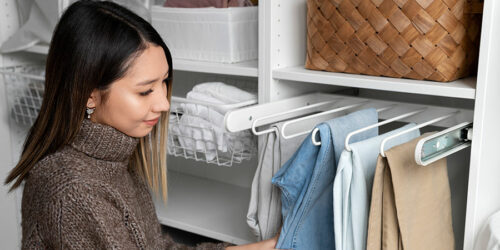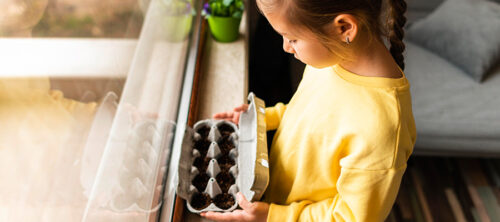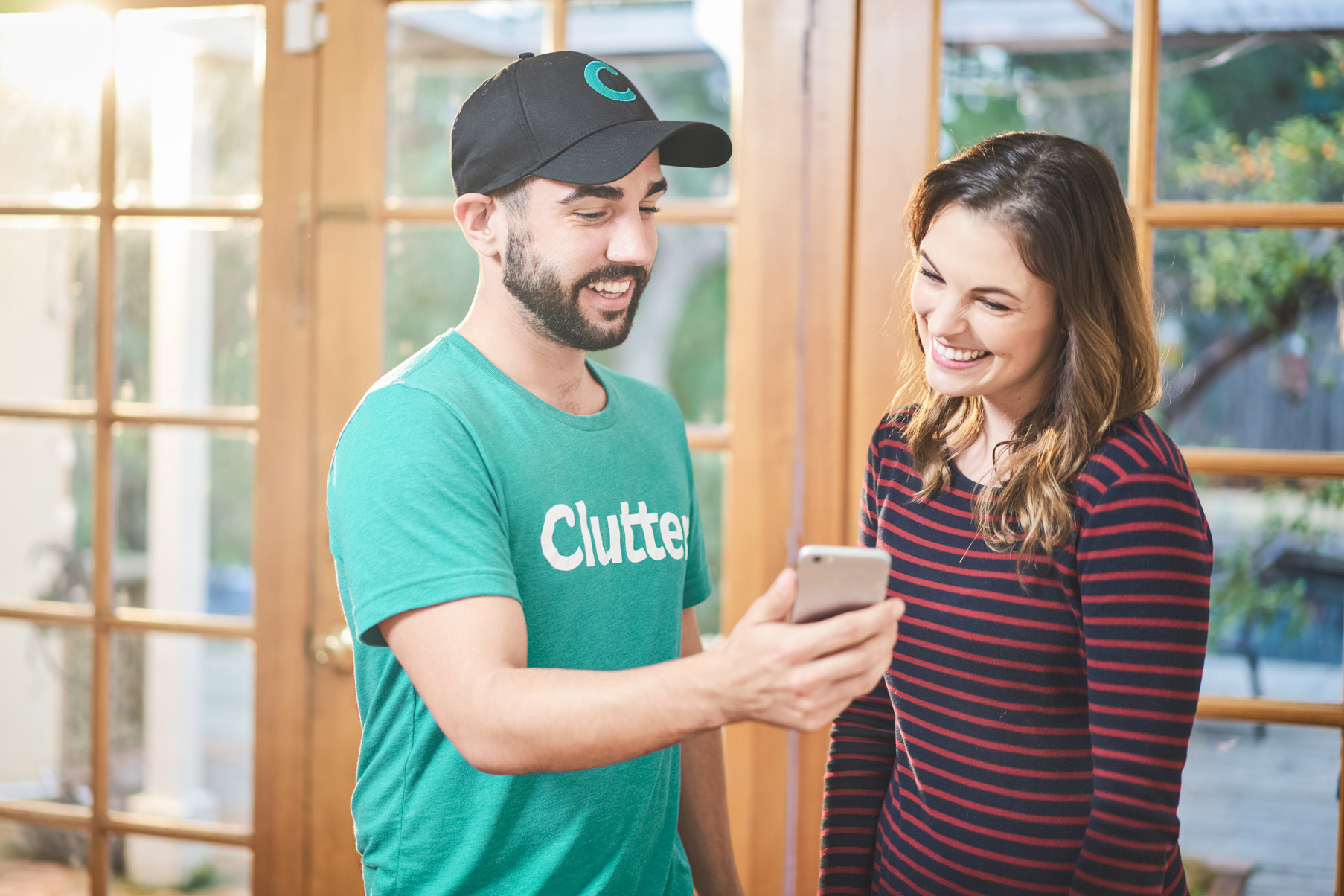It’s no secret that we live in a society that prioritizes consumption — a consumption that comes with a hefty toll for our planet.
The average American throws out 4.4 pounds of trash a day, meaning more disposables than ever before are ending up in landfills and floating around international oceans.
Enter zero waste: An ongoing, concentrated effort around the globe to inflict minimal stress upon the environment.
Fostering a mindful, zero-waste home and lifestyle is a journey — and most likely, success won’t happen overnight.
Luckily, there are many areas in your home and life that you can shift toward zero waste with a couple of quick, easy, and fun changes.
1. Compost, compost, compost
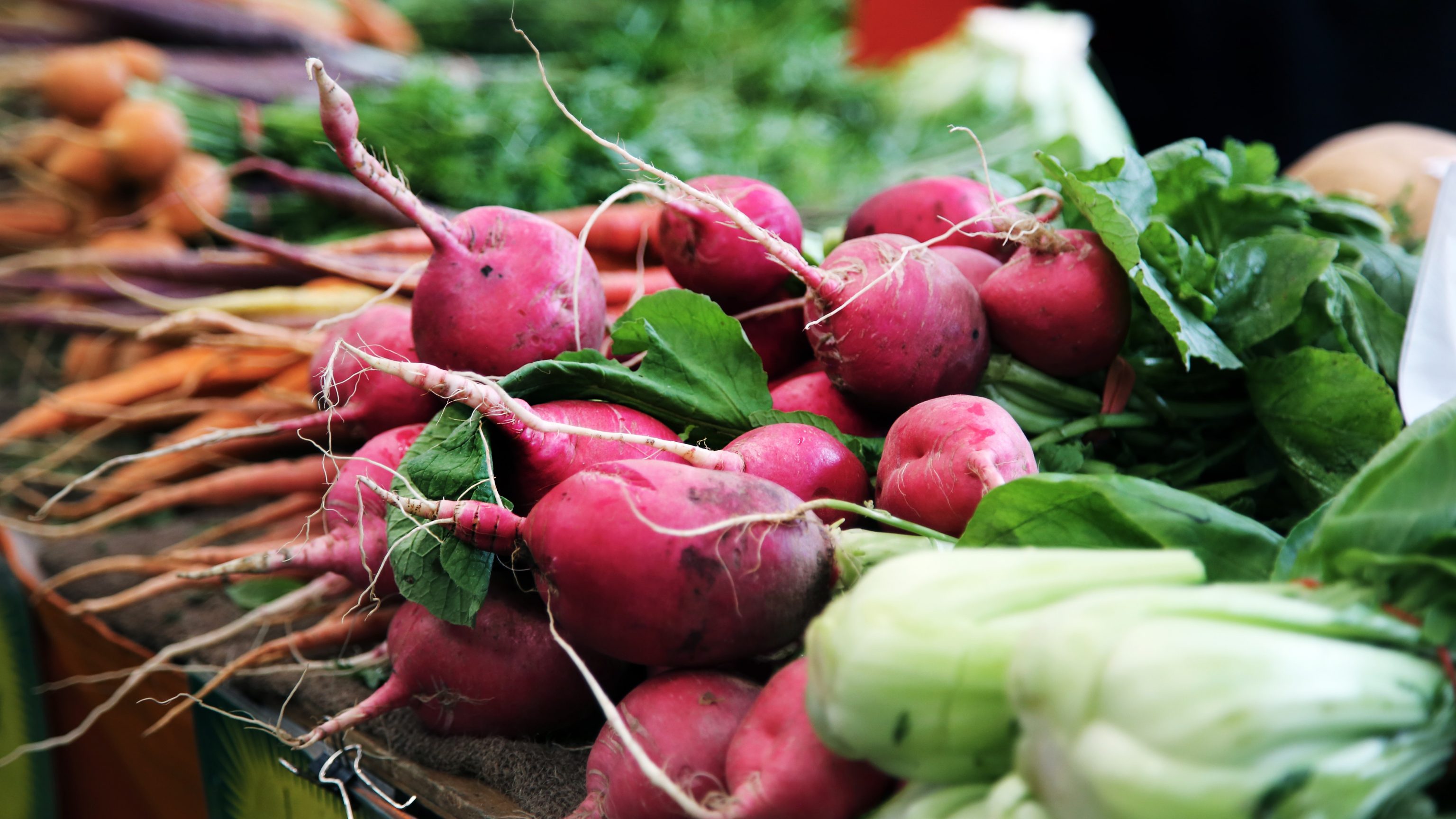
The easiest way to reduce your food waste is to grocery shop strategically, and only buy what you can actually use.
The second easiest way is to compost.
Globally, we toss out about one-third of all the food that we grow. And if all those wasted banana bunches and bread loaves end up in landfills rather than compost bins, they’re not able to decompose properly. Instead, they break down under oxygen-free conditions, creating gases including methane that pollute the atmosphere. (Talk about bad leftovers.)
To counter these effects, many cities offer curbside compost removal.
Some urban areas, including New York City, also accept scraps in large collection bins at weekly farmers’ markets.
If you’re into gardening, composting is a great way to utilize the nutrients from your leftover food and make “black gold.” Here’s a handy guide to starting your own compost, from Rodale’s Organic Life.
Our favorite compost tip: To reduce odors associated with composting, freeze your food scraps. Also, add old shredded newspaper to the bottom of the bin.
2. Think twice before you toss your leftovers
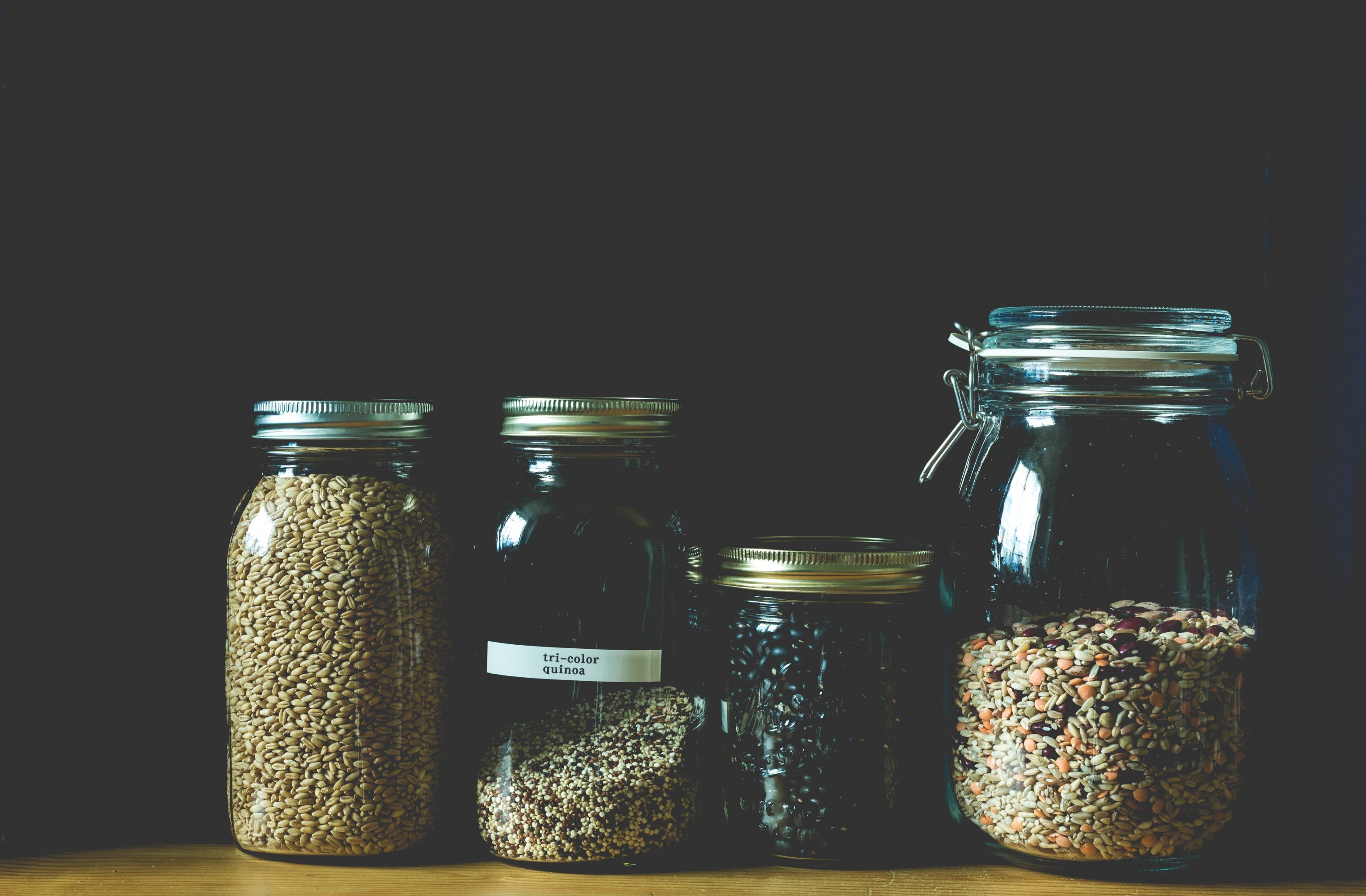
Instead of storing your next-day pasta in plastic Tupperware, try and reuse things like old yogurt and soup containers instead. Or pick up some mason jars from your local thrift store for a durable, fully recyclable food storage option.
Need something a little sturdier to bring to work?
Consider investing in a stainless steel tiffin, which is a two-tiered storage container that simultaneously doubles as a lunchbox for hot and cold food.
Instead of disposable kitchen items such as plastic wrap, tinfoil, and sandwich baggies, beeswax wraps are a great alternative. When the beeswax coated cloth reaches the end of its life (usually after one year), feel free to toss it in your compost bin — it’s biodegradable.
3. DIY some easy cleaning solutions
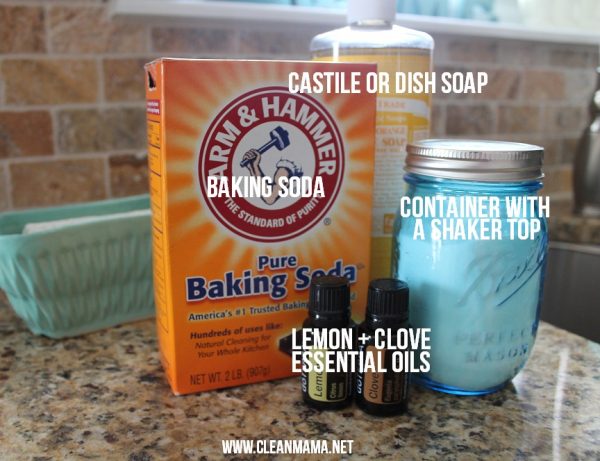
It’s no secret that traditional cleaning products are packed full of chemicals that are harmful for you and the planet. And they usually come in plastic packaging that’s not recyclable.
Luckily, it’s incredibly easy to whip up your own effective, eco-friendly cleaning alternatives.
Citrus vinegar is an excellent and easy way to clean even the dirtiest of kitchens, bathrooms, and tile floors.
All you have to do is soak a handful of citrus peels (lemons, oranges, limes, etc.) in white vinegar for two weeks. Then, strain your concoction and slap on a spray topper. Spray away!
Free Bonus: 3 Easy Ways to Eliminate Plastic From the Bathroom
4. Stay prepared while you’re on-the-go

Setting yourself up for success in your zero-waste home is one thing. But many people beginning their zero-waste journey find it’s also helpful to always be prepared.
Stock up with reusable totes that can double as shopping bags or personal totes. Stash a set of different sized glass jars for your next trip to the bulk section, and keep some natural produce bags on hand to forgo the plastic produce bags at the store.
Another zero-waste essential is a reusable water bottle or coffee cup. Only 23 percent of plastic water bottles are ever recycled. And most takeaway coffee cups are lined with an insulator that takes up to an astonishing 30 years to decompose in the landfills.
Next, say a permanent goodbye to plastic cutlery. Invest in a cute and portable bamboo utensil set that you can bring on your next spontaneous lunch date.
Finally, do your part and not contribute to the 500 million plastic straws that are thrown away each day in the U.S. alone. You can opt to go straw-free altogether, or invest in a glass reusable straw.
5. Make it your own
 At first, going completely zero waste may seem like an unattainable goal. But in reality, it can actually make your life simpler.
At first, going completely zero waste may seem like an unattainable goal. But in reality, it can actually make your life simpler.
Many people who opt to go zero waste are amazed how much time and money they end up saving.
Of course, do whatever feels the most comfortable to you when it comes to your own journey. Incorporating some of these easy zero waste home hacks will change how you look at waste in your life.
The planet will thank you.
This is a guest post from EarthHero, an eco-friendly online marketplace dedicated to making shopping sustainably so easy, everyone does it. They research companies and their business practices to provide you with only the best earth friendly products, all in one place. You can support companies that care about the planet as much as you do with EarthHero.


